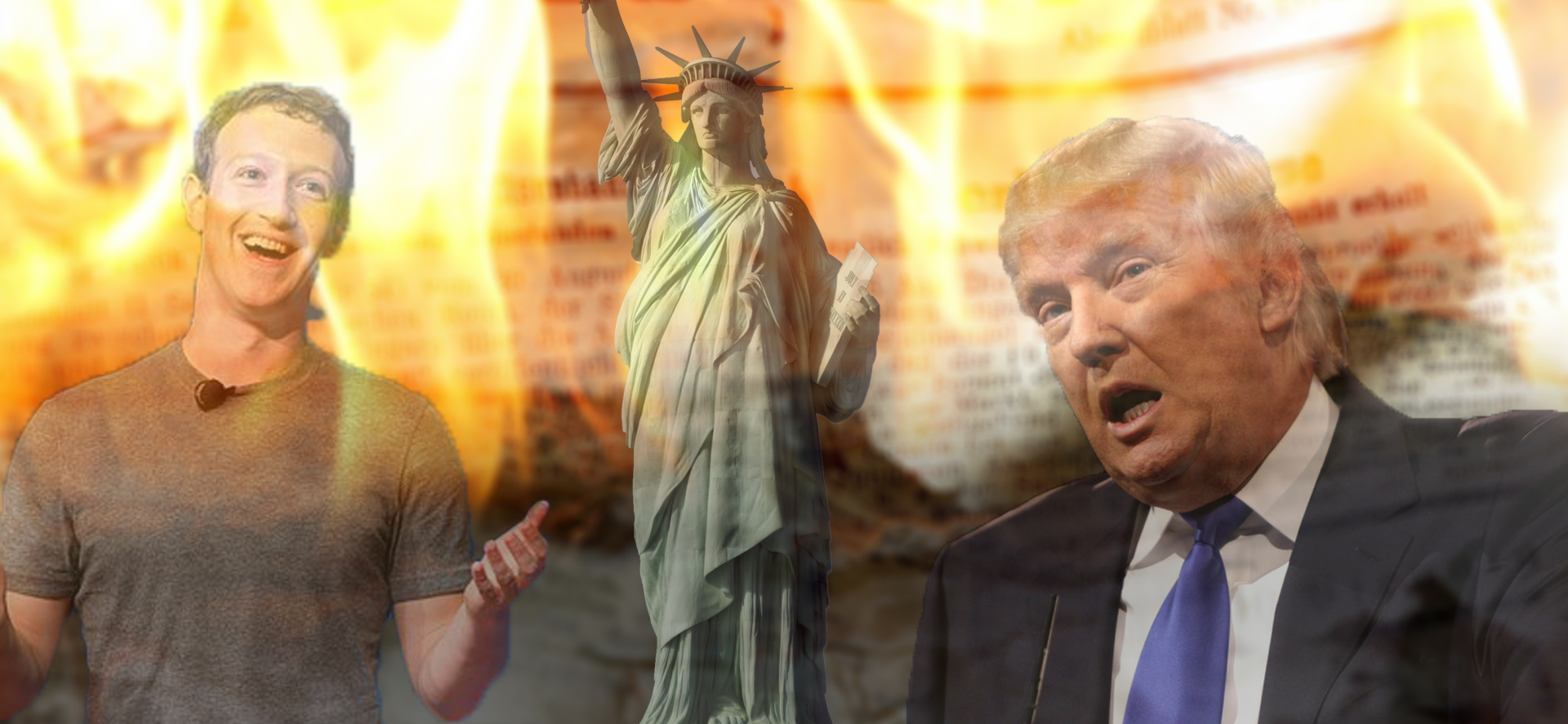Trump’s war on media last week shone a light on its critical role in a democracy – unfettered and frank two-way communication between the people and the powerful.
But almost lost in a big news week was a significant piece by Mark Zuckerberg on Facebook’s mission, ‘Building Global Community’. It is important because it reveals, at last, an admission that Facebook also has a critical role and it’s much more than a benign technology platform for nearly 2 billion users.
“For the past decade, Facebook has focused on connecting friends and families. With that foundation, our next focus will be developing the social infrastructure for community — for supporting us, for keeping us safe, for informing us, for civic engagement, and for inclusion of all.”
That’s taking on the media’s role, and then some. The Zuckerberg piece is an important acknowledgement of Facebook’s power and responsibility; that for all its good, it has contributed to the disruptive chaos of social media, the fake news, the clustering of echo chambers, the disintegration of communities.
Although it got very little media coverage (Trump stole the limelight), the admission opens up the debate about the type of transformative information flows we want emerging from the ruins of traditional journalism.
What we risk losing
Some disruptions are so major they change the world: climate change and the Internet are two. So is Facebook, simply because of its size and spread. Of all the social media channels, by stealing readers and revenue, it’s doing more to destroy journalism as we know it.
But is the deeper risk that it’s fundamentally altering democracy as we know it? That’s what a lot of US commentators are arguing.
The purpose of media in a democracy is threefold: to ensure the flow of information back ‘n forth between power structures and the people (news), to investigate, and to provide a platform for debate and criticism (commentary). For that, it’s referred to by the grand title of the Fourth Estate.
As Thomas Jefferson – the principal author of the US Declaration of Independence and third president famously wrote in 1787:
“The basis of our governments being the opinion of the people, the very first object should be to keep that right; and were it left to me to decide whether we should have a government without newspapers, or newspapers without a government, I should not hesitate a moment to prefer the latter.”(The letter is worth a read – amazing insight.)
With the weakening of commercial media, we’re very lucky in Australia to have a still-strong and independent ABC funded by government, but it’s a miniscule force against the ill-disciplined new-media giants, Google and Facebook.
A solution
It may be, as the New York Times has postulated, that these media giants should support that which they are currently destroying.
“As a reminder, these companies have not exactly been financially struggling. In 2016, the four posted a combined net income of $88 billion ($19.4 for Google, $10.2 for Facebook, $13 billion for Verizon and $45 billion for Apple). By contrast, the combined net income for The New York Times … was $41 million.
“These companies are among the biggest beneficiaries of the digital disruption that has, among other things, caused the crisis in American journalism. It’s time for the disrupters to solve these problems. They have the money, the know-how and the obligation.”
Perhaps that’s an over-simple solution. The challenge may be to find a third way, an as yet undiscovered way to support media and therefore democracy. In this discombobulated era there may be unseen alternatives.
What’s almost certain is that Facebook and the other new-media giants are facing a dilemma: start fixing the unintended consequences of their spectacular growth, or have governments do it for them.
And as the Columbia Journalism Review wrote in response to the Zuckerberg piece,
“Neither Facebook or Google really wants to actually employ journalists, yet journalism institutions will continue to fail because of the adverse market conditions. Zuckerberg voices concern for “local journalism,” and Google’s Digital News Initiative has done the same. This is partly public relations, to quiet existing publishers. But there is more to it than that. The inquiries about filter bubbles and fake news have really hit home. The looming possibility of regulation, and the moral imperative to improve the information environment, are weighing heavily on the platform companies.”





